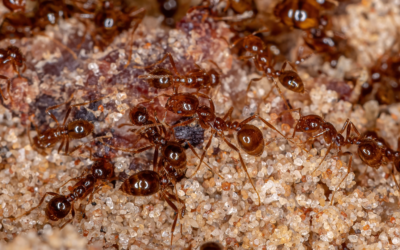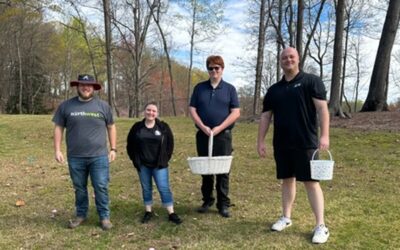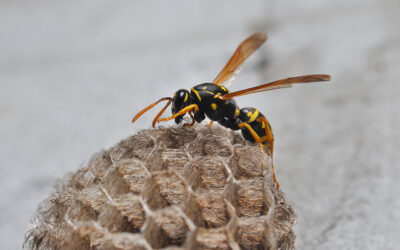ASK THE MOUSE
A pest control blog with helpful, home-healthy tips and information on all things pests. Trust the Mouse to protect your house!
Effective Fire Ant Control For Your Yard
Fire ants, with their fiery stings and relentless mounds, can quickly turn your yard into a battleground. For Georgia homeowners, dealing with these aggressive pests is an ongoing challenge. However, with the right strategies and tools, you can regain control of your...
5 Reasons Rats Are Entering Your Florida Home
Rats are practically year-round creatures in Florida, seeking your home for a warm place to nest and find a food source. Once these rodents find their way inside your home, they will reproduce quickly, making it difficult to remove them. Here is what attracts rats to...
Northwest Exterminating Macon Office Participates in Local Habitat for Humanity Annual Women’s Build
The Macon office recently participated in the Macon Area Women’s Build, which was graciously organized by our Macon Office Manager. This initiative brought together 12 dedicated volunteers from Region 4, including the Good Deed Team Ambassadors, to spend a day making...
Buford Service Center Partners with Housing Authority for Easter Egg Hunt
The spirit of service was alive in Buford as the Northwest Exterminating office rallied together to contribute to the Housing Authority's annual Easter egg hunt. Four dedicated team members took time out of their schedules to make a meaningful impact and spent the day...
Northwest Teammates Across Southeast Donate 90 Easter Baskets to Savannah Children’s Hospital
As we mark our fifth consecutive year of spearheading the Easter Basket Donation Drive for the Willett Children’s Hospital in Savannah, Georgia, we couldn't be prouder of our team's collective effort. Since the beginning, our yearly goal of collecting 75 Easter...
How to Avoid Common Stinging Pests in Florida
Florida is no stranger to dealing with stinging pests! These insects can become a real nuisance to your Bonita Springs property once they have invaded your yard and can pose a health risk to your family. Let’s review some common stinging pests in Florida and how you...
LOCATIONS
We have service centers throughout Georgia, Tennessee, Alabama, Florida, North Carolina, and South Carolina.
HOURS
Service Centers: M-F 7:30AM - 5:00PM
Customer Care: M-F 6:30AM - 5:30PM






